Rights Online

In this fast-changing digital age, citizens have to be aware more than ever before of their rights and the ways these can be challenged online. Data has become a marketable commodity and, as a consequence, personal data and online identity are things which must be safeguarded from a whole range of risks such as unauthorised disclosure, identity theft or online abuse, to name a few.
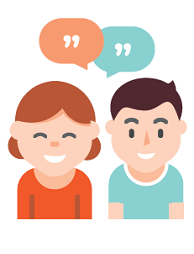
We want our voice to be heard and to take part in decisions that will define our future.
Joao, 17, Portugal
Protection of privacy and personal data is a fundamental human right, and with the implementation of the General Data Protection Regulation (GDPR) by the European Union in 2018, citizens are getting more control over their personal data. Some of these new “rights” were either not feasible or unnecessary before the internet came to play such a major role in our lives, including the following examples:
- “portability” – the right to request that your personal data are moved to another service provider, for example when you change your mobile or social network platform operator;
- the right “to be forgotten”, meaning that you can ask to have your personal data deleted if you no longer want them to be processed, and there is no legitimate reason for a company to keep them;
- the right to receive clear and understandable information;
- child-friendly information has to be adapted into clear, understandable language to replace those long, complicated terms and conditions that no one reads anyway.

Nowadays young people can’t imagine their lives without the internet, it offers so many incredible opportunities for them. At the same time, they want to feel safe. One aspect of safety is privacy. Everyone on the internet should know how to post, how to share, how to act responsibly.
Evangelia, Greece
The internet has considerably reinforced other fundamental human and children’s rights. Freedom of expression, for example, has never before been so easy – today everyone can be a journalist and publish their work for large audiences.
This brings a big responsibility too, as we are accountable for everything we say or do, even though the internet sometimes gives the illusion that we can hide behind a cloak of anonymity.
Article 12 of the United Nations Convention on the Rights of the Child (UNCRC) states that children have a right to know about their rights and to be empowered to take action to promote and protect those rights. The following fact sheets take a closer look at your rights online.
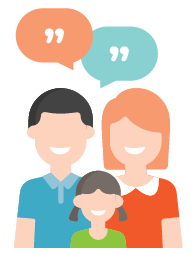
We assume that parents have the criticality to understand their rights and help their children understand them too, but very often this is not the case. Parents need some simple guidelines to help them.
European Parents’ Association
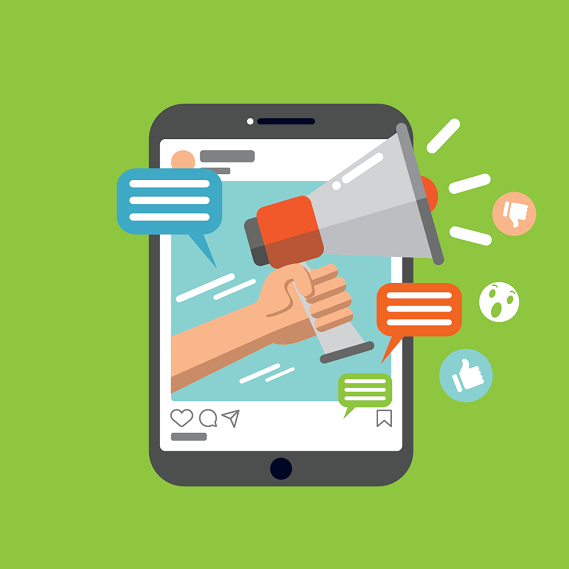
CHECKLIST: ACTIVE PARTICIPATION
- How can students’ active online participation be in sync with human rights and fundamental freedoms?
- How can schools be supportive of active online participation?
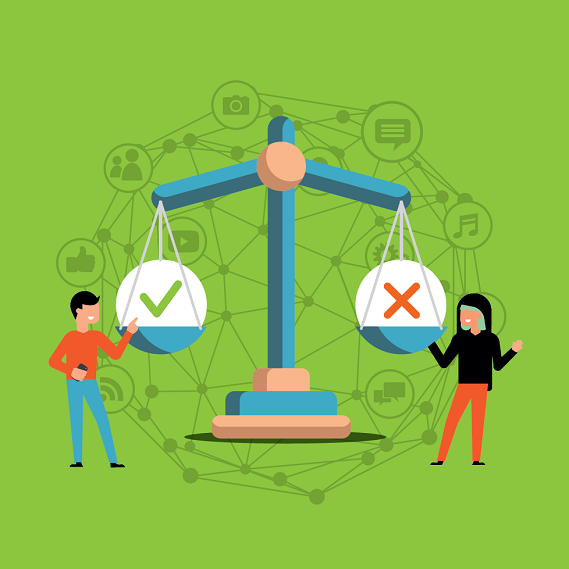
CHECKLIST: RIGHTS AND RESPONSIBILITIES
- What is a golden rule for rights and responsibilities for every platform, website, app and device?
- How does the GDPR help students exercise their rights and responsibilities?
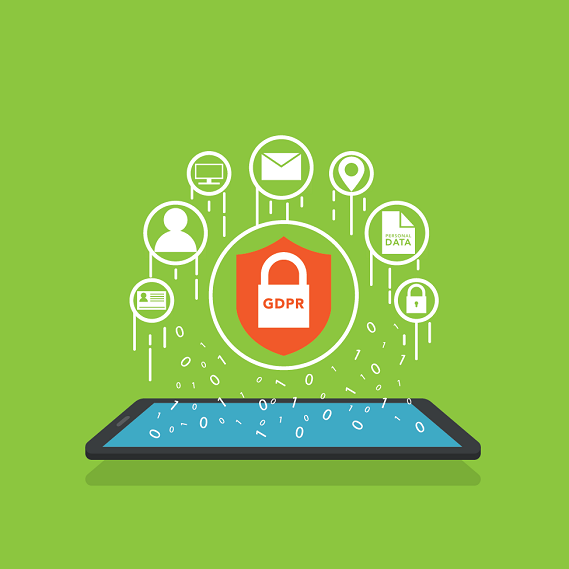
CHECKLIST: PRIVACY AND SECURITY
- How can students effectively manage their privacy?
- How can stakeholders ensure security for online environments?
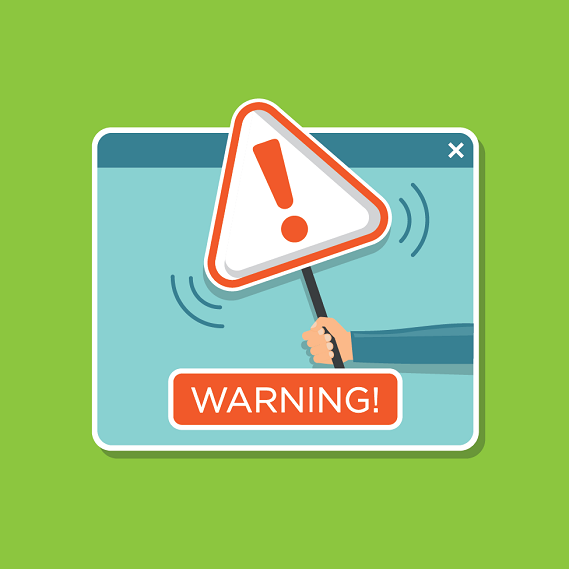
CHECKLIST: CONSUMER AWARENESS
- Why do students need to participate in the digital economy?
- As e-commerce takes on a bigger role in society, how can students protect themselves and enjoy the benefits of e-commerce?
Youngsters are particularly exposed to hackers because they often put more of their private information on social media.
Sofie, 16, Belgium


